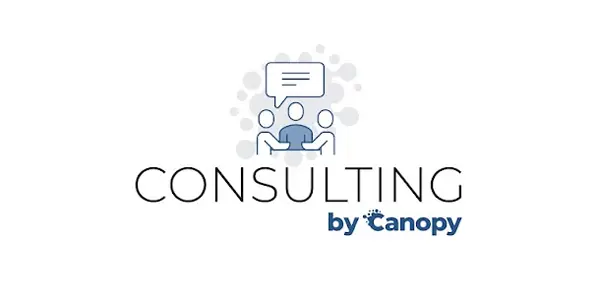Feedback serves as a guiding beacon, illuminating both individual and collective performance landscapes, revealing areas ripe for enhancement and celebrating existing strengths. Effective feedback is not merely a one-off event; it is a continuous, iterative process characterized by timeliness, constructiveness, actionability, and open dialogue. Such feedback loops are instrumental in enabling individuals and teams to iteratively refine their approaches, optimize their strategies, and propel their endeavors forward.
Integrating feedback loops into the fabric of organizational operations is essential for fostering a culture of continuous improvement. Agile methodologies, with their emphasis on iterative development and responsiveness to change, provide a fertile ground for the cultivation of such feedback-driven cultures.
By embracing Agile principles, teams can adopt an iterative approach to their work, regularly seeking feedback from stakeholders and incorporating it into their evolving processes. This iterative cycle of feedback and adaptation enables teams to swiftly respond to changing circumstances, iterate on their solutions, and deliver greater value to their customers.
However, the journey towards establishing a feedback-rich environment is not without its challenges. Individuals may harbor reservations about receiving feedback, fearing criticism or feeling exposed. Overcoming these barriers necessitates cultivating a culture of psychological safety, where individuals feel empowered to share and receive feedback without fear of judgment.
Additionally, biases and blind spots can impede the effectiveness of feedback, distorting perceptions and hindering growth. Vigilance against these biases, coupled with ongoing efforts to promote diversity and inclusion, is paramount for ensuring the integrity and efficacy of feedback processes.
In conclusion, feedback serves as a cornerstone for fostering a culture of continuous improvement, driving organizational agility, innovation, and resilience. By embracing Agile methodologies and integrating feedback loops into their workflows, organizations can empower their teams to adapt, evolve, and excel in an ever-changing landscape. Through the cultivation of a feedback-rich environment, organizations can harness the collective wisdom of their people, propel further forward, and realize their full potential in pursuit of excellence.

Maria Matarelli is an expert consultant who specializes in creating exponential results for businesses like yours. With an extensive background in Agile project management, coaching and training, she drives innovation and growth in IT, Healthtech, Fintech, Blockchain & AI through proven iterative development methodologies & cutting-edge strategies.

Ready to put Maria and our team to work for you? Contact us today to get started!